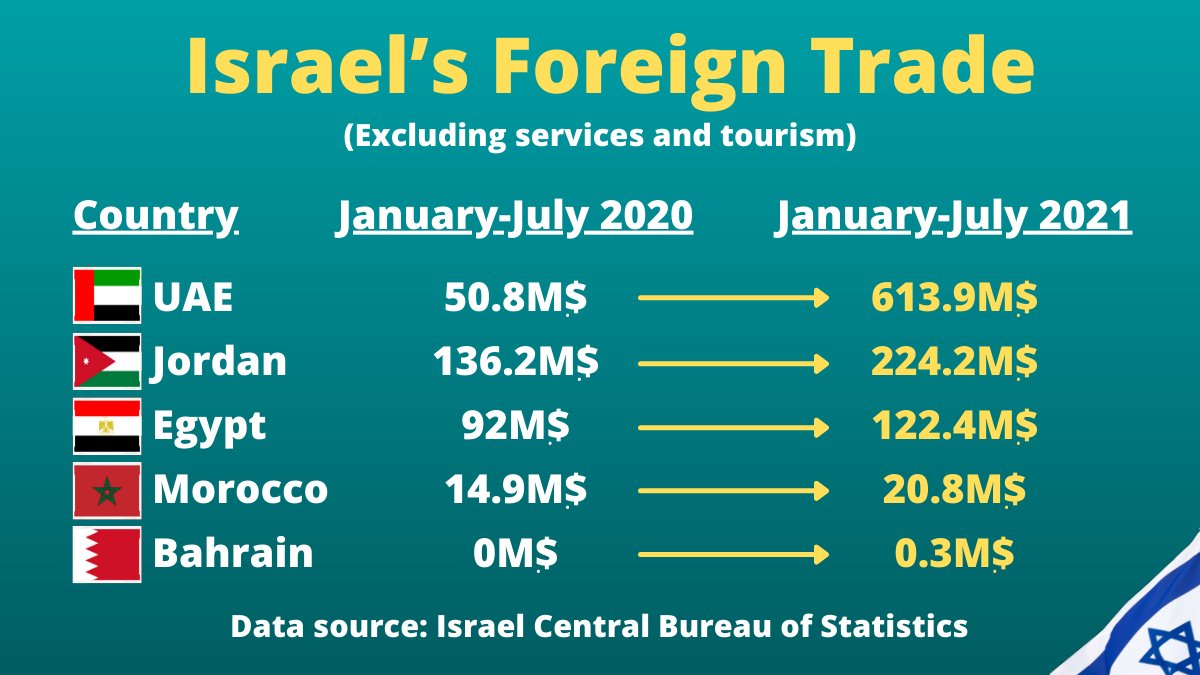Here is a summary of what Israel and Hamas have done over the past week:
|
Israel |
Hamas |
|
- Expanding the Gaza Strip’s fishing zone to 15 nautical miles — the most since 2007 - Additional goods and construction materials imported into Gaza via the Kerem Shalom Crossing - An additional 5 million cubic meters (1.3 billion gallons) of water allowed into Gaza. - 5000 more workers will also be allowed into Israel from Gaza - Working on getting cash from Qatar to Gazans |
- More incendiary balloons - Rockets - Violent riots at the fence -
Threats of escalation |
People who say Israeli actions are what leads to Hamas terrorism have been proven wrong yet again. But they will keep on spouting their lies.

 Elder of Ziyon
Elder of Ziyon



























